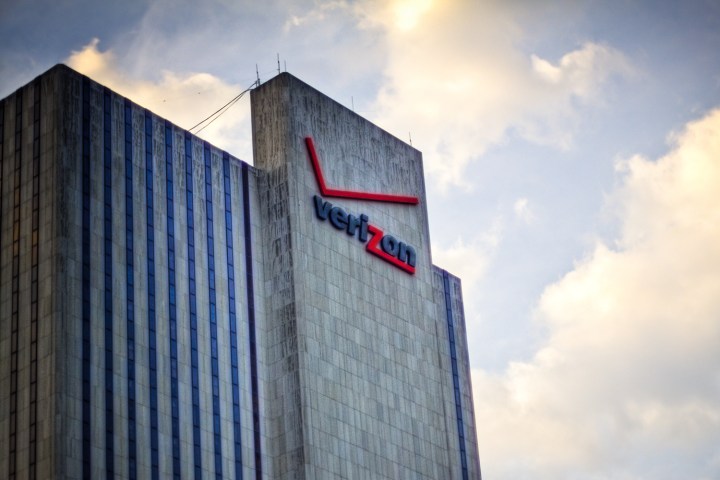
Take Verizon’s Total Mobile Protection, for example. Normally, there is a month-long eligibility window when you activate a new account or upgrade your device. But in the spirit of the holiday season, Verizon’s extending the enrollment period.
Beginning Thursday, October 19, new and existing Verizon customers can add any phone they purchased within the last 24 months to a Total Mobile Protection plan. As an added bonus, all new and current Total Mobile Protection enrolees get a $20 discount on cracked screen repairs (they’re now $30, lowered from $50).
The promotion expires November 17, after which point the old eligibility window goes back into effect.
Total Mobile Protection, if you’re not familiar, is akin to AppleCare and Google’s Preferred Care. For $11 per month for one phone and $33 per month for three, it covers damage, loss, and theft, and includes services like next-day device replacements (if you order by midnight Eastern the day before) and technical support from Verizon’s Tech Coat experts (in-person, over the phone, or via email). Every plan owner can make up to three claims a year, with deductibles that range from $50 to $200.
The benefits don’t stop there. Total Mobile Protection’s aforementioned screen replacement is available in over 296 certified repair stores across the country, but Verizon makes house calls too. If you’re in one of the 152 supported cities, you can schedule a visit from a certified repair technician.
It’s a step up from Verizon’s Extended Warranty ($3 per month) and Total Equipment Protection ($9 per month) plans. The former offers protection against mechanical breakdowns and the latter throws in coverage for loss, theft, and accidental damage.
Verizon makes a compelling case for Total Mobile Protection, but don’t pull the trigger before you do your homework. Depending on which device you own, there is a good chance third-party insurers offer plans that better fit your needs and budget.
Editors' Recommendations
- The best prepaid phone plans in 2023: the 6 best ones
- T-Mobile’s newest plans are exciting for new (and old) customers
- T-Mobile is leaving AT&T and Verizon in the 5G dust
- T-Mobile’s 5G Ultra Capacity network has four times the coverage of Verizon and AT&T
- T-Mobile’s 5G and 4G LTE networks are nearly twice as fast as Verizon and AT&T


